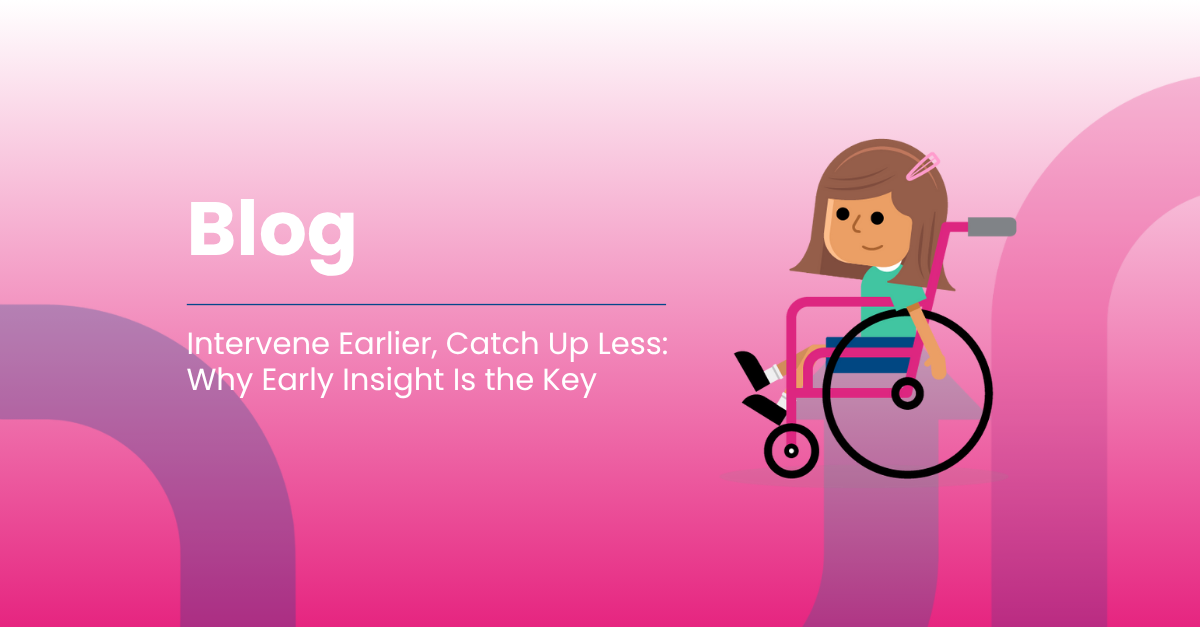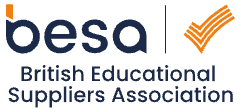Intervene Earlier, Catch Up Less: Why Early Insight Is the Key
Recently, the team attended the BESA Winter Insights Day, where the discussion turned to a sobering topic. School readiness.
The statistics shared were striking:
- 1 in 4 children start school not yet toilet trained.
- 1 in 3 are unable to dress themselves.
- 1 in 3 can’t yet feed themselves.
And yet, there’s still no single, agreed definition of what “school ready” actually means.
During the session, over 150 educators were asked simple questions:
“When should a child be weaned?” – Most said six months.
“When can a child move to cow’s milk?” – Around one year.
“When should a child be potty trained?” – Answers ranged from 12 months to ‘when they’re ready’ to ‘before school’.
The variety of answers made one thing clear. Even among professionals, there’s widespread uncertainty about early development milestones. In reality, most children are typically ready for potty training between 18 and 30 months.
So, if we, as educators and parents, can’t even agree on what “ready” looks like, how can we expect every child to start school on equal footing?
The growing readiness crisis
Across England, the attainment gap isn’t just stubborn, it’s becoming entrenched. Persistent absence and lost early years development mean too many children start school already behind, and the system struggles to help them catch up.
But catching up is not the same as keeping up.
In 2025, reports from the Institute for Government and the Early Years Alliance revealed that nearly half of Reception teachers believe children are entering school with lower speech, language, and independence skills than even five years ago.
Meanwhile, the government’s “Best Start in Life” strategy aims to increase the percentage of children achieving a good level of development by 2028, an ambition that will only succeed if early insight and joined-up working become standard practice.
Why early insight changes everything
This is exactly what StepIntoSchool, part of the Pupil Pathways solution, is designed to solve. It enables early years providers to securely share key developmental, social, and contextual information before children begin primary school.
That means:
- Schools can identify support needs and plan transitions months in advance.
- Children arrive feeling known, not labelled.
- Families don’t have to repeat their stories or start from scratch.
When professionals see children as individuals and not just datasets, we shift from reactive to proactive, from crisis management to prevention.
Because before you can fix the gap, you have to see it.
Building connection, not just compliance
Across local authorities in Manchester, London, and beyond, StepIntoSchool is helping ensure that no child falls through the cracks at transition. From identifying SEND and safeguarding needs earlier, to giving teachers a fuller picture of each child’s journey, the results are clear: smoother transitions, calmer starts, and fewer September surprises.
And it’s about more than readiness, it’s about belonging. Children are starting school with the teachers knowing the full picture.
If we want every child to have the best start in life, we need to stop treating school entry as an administrative hand-off and start treating it as a shared responsibility.
Because when we intervene earlier, we don’t just catch up, we give children the chance to keep up.
Discover how authorities like Tameside are using StepIntoSchool to prevent long-term disadvantage.



